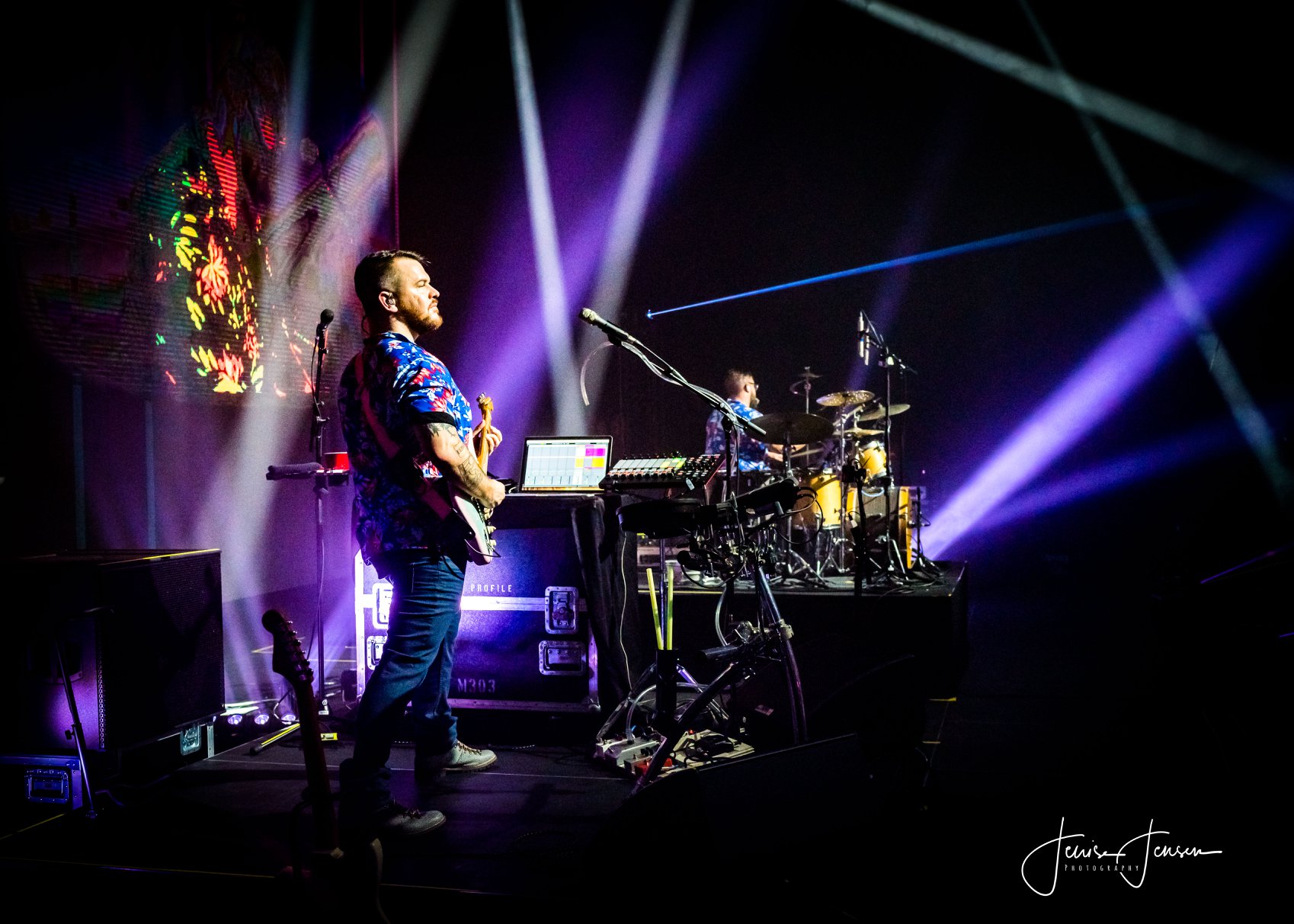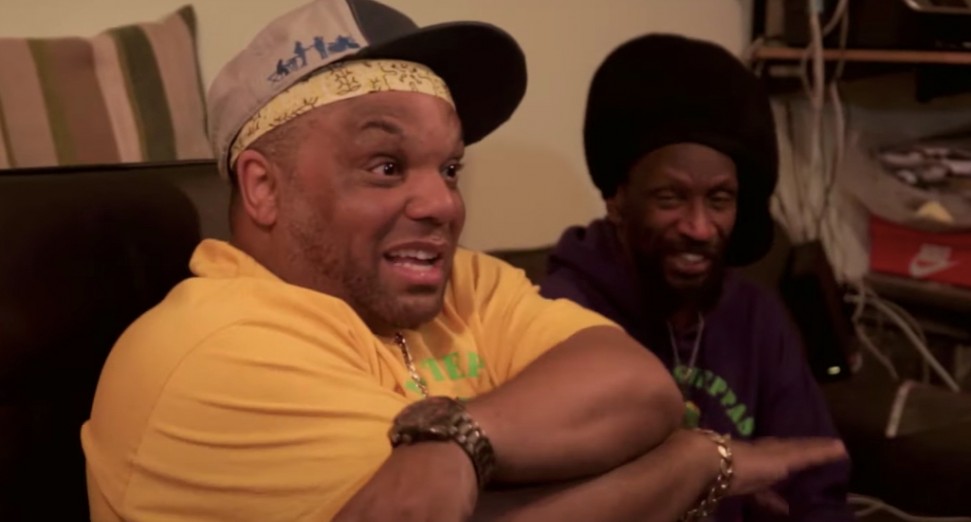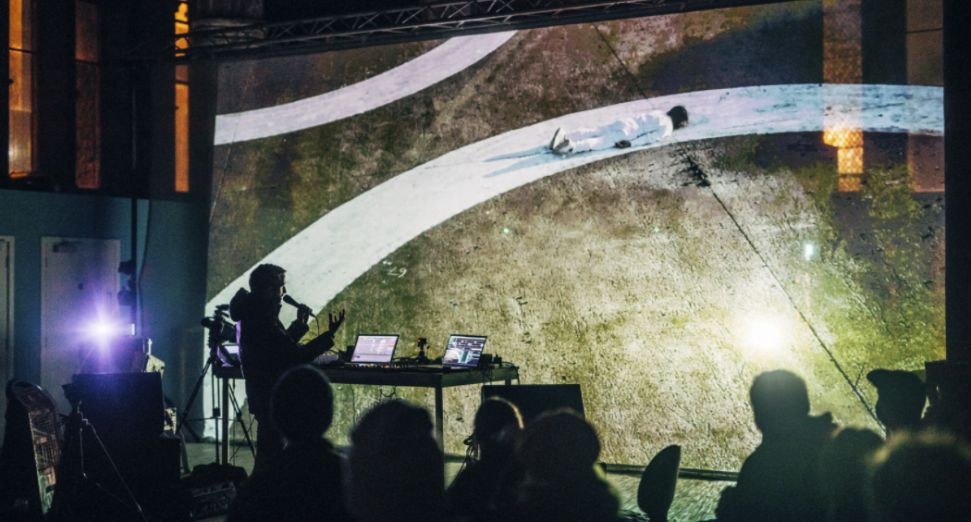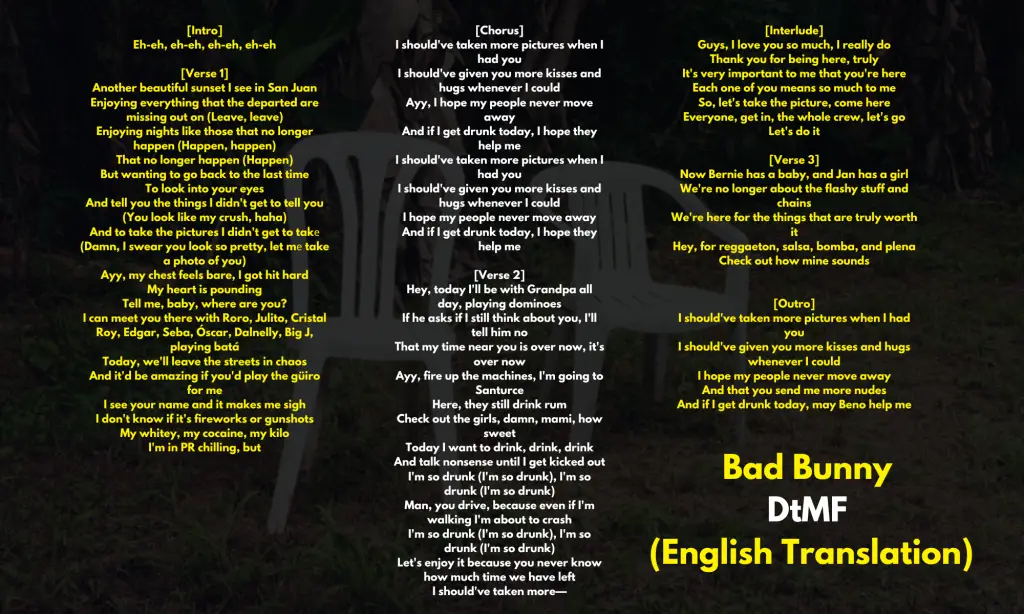
DtMF Bad Bunny Meaning And Lyrics: Breaking Down Regret and Culture (With English Translation)
Table of Contents
Image C/O Rimas Entertainment
So Bad Bunny’s “Debí Tirar Más Fotos” is definitely one that is with you. It’s about looking back on life and realizing all the little things you let slip by: the hugs you didn’t give, the words you didn’t say, the photos you didn’t take. And while it leans heavily on regret, it also carries a ton of pride—pride in home, culture, and the connections that define us. It’s a heavy mix, but somehow it still feels real, like something you’d admit to a friend during a late-night chat.
For me, this song is an excuse to stretch my literary brain a little. I’ve spent years studying English lit and creative writing, so naturally, I can’t help but think about how a song like this fits into the bigger, timeless conversations about life and memory. What’s cool is that you can line these lyrics up next to some of the big names in poetry and fiction—people who’ve been wrestling with the same ideas for centuries—and suddenly, the song takes on this whole other layer of meaning.
But here’s the thing: even though it’s poetic, DtMF doesn’t take itself too seriously. One second, you’re hit with the raw emotion of missing a loved one, and the next, there’s a joke about nudes. It’s like the song is saying, “Yeah, life is hard, but don’t forget to laugh about it, too.” And that’s what makes it so special—it’s honest about how messy and beautiful life can be.
Let’s break it down and see why it works so well.
“Debí Tirar Más Fotos” at a Glance
- It’s a gut-punch about regret. You know those moments you didn’t realize were important until they’re gone? Yeah, this song lives right there.
- It’s dripping in Puerto Rican pride. From dominoes with Grandpa to bomba and plena beats, this is as much about cultural roots as it is about personal reflection.
- It keeps it real with humor. One minute, you’re deep in your feelings about love and memory. The next, you’re laughing at a line about nudes. It’s life in a nutshell.
DtMF Bad Bunny Lyrics
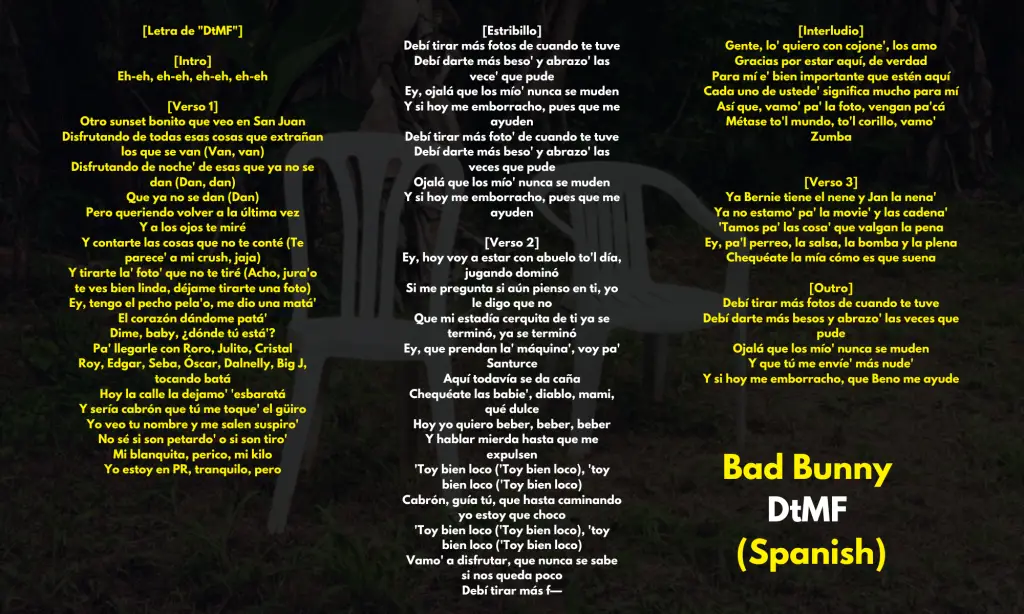
DtMF Bad Bunny Meaning“Otro sunset bonito que veo en San Juan”
Right off the bat, the song drops us into a quiet but vivid moment: watching a sunset in San Juan. It’s not just a pretty picture, though. When the narrator says, “Disfrutando de todas esas cosas que extrañan los que se van,” they’re letting us in on something deeper. They’re talking about the kind of stuff you don’t realize you’ll miss until it’s gone—like when someone moves away from their home and suddenly, even the small things feel like treasures.
This reminds me of Julia de Burgos’s “Río Grande de Loíza,” where she writes, “Río Grande de Loíza, alárgame en tus espumas / la voz de mi pérdida.” She’s talking about the river as a piece of her soul, something tied to her identity. It’s the same here with the sunset. The narrator’s not just talking about light in the sky—they’re talking about how tied they are to Puerto Rico, to their roots. This line feels like a quiet, reflective breath before diving into all the feelings that come next.
“Debí tirar más fotos de cuando te tuve”
This line from the chorus is the one that sticks with me the most. “I should have taken more photos when I had you.” It’s so straightforward, but man, it hits hard. The narrator isn’t just talking about photos—they’re talking about regret. They wish they’d done more to hold onto those moments, those people, those memories.
It reminds me of William Carlos Williams’s “The Red Wheelbarrow,” where he writes, “so much depends / upon / a red wheel / barrow.” Williams is saying something tiny—a wheelbarrow, rain, chickens—can hold so much meaning if we just take the time to notice. That’s exactly what’s happening in this lyric. The narrator realizes too late how much those little snapshots of life would’ve meant to them now.
And then, there’s this echo of Luis Cernuda’s “Donde Habite el Olvido,“ where he says, “el que no volverá.” Cernuda’s talking about things we can’t get back, and that’s exactly what the narrator feels here. They’re realizing that once time passes, it’s gone. That regret is sharp, but it’s so relatable because we’ve all felt it—wishing we could go back and hold on just a little tighter.
“Hoy voy a estar con abuelo to’l día, jugando dominó”
This line feels like a deep breath after all the regret. The narrator says they’re going to spend the whole day with their grandfather, playing dominoes. It’s such a quiet, everyday moment, but that’s exactly why it matters. It’s like they’re realizing that if they don’t appreciate these small things now, they’ll regret it later, too.
This reminds me of Williams again. In “The Red Wheelbarrow,” he’s looking at something so small—a wheelbarrow—and showing us how much weight it carries. The dominoes here feel the same way. It’s not about the game; it’s about the connection, the time spent with someone who matters.
And honestly, this line also feels tied to culture. Playing dominoes with family? That’s not just a game; it’s tradition. It’s part of Puerto Rican life, just like the music the narrator mentions later. Julia de Burgos taps into this in her poem, too, when she writes about her connection to Puerto Rico’s landscapes and history. Both the poem and the lyric remind us that these little moments aren’t just personal—they’re part of something bigger, something that roots us in who we are.
“Vamo’ a disfrutar, que nunca se sabe si nos queda poco”
This line really sums up the song’s whole vibe: “Let’s enjoy this, because you never know how much time we’ve got left.” There’s this mix of urgency and acceptance here. The narrator knows life is short, and instead of getting stuck in their regret, they’re trying to live fully in the moment.
Luis Cernuda’s “Donde Habite el Olvido” feels so connected to this. He writes, “Donde el deseo no exista, / ni la esperanza.” Cernuda talks about what it feels like when time takes everything away—desire, hope, memories. The narrator here gets that same idea but flips it. They’re not waiting for things to fade away; they’re trying to grab onto what they can while they still have it.
What I love about this line is how it’s not just about the narrator—it’s a lesson for all of us. How many times do we let moments pass us by because we think we’ll have more time later? This lyric is like a nudge, saying, “Don’t wait. Live now.”
“Pa’l perreo, la salsa, la bomba y la plena”
This line is such a celebration. The narrator lists off different kinds of Puerto Rican music—reggaetón (perreo), salsa, bomba, and plena—and it’s clear that these aren’t just genres. They’re pieces of home, pieces of identity. The narrator isn’t just talking about music—they’re saying, “This is who I am. This is what connects me to my roots.”
It makes me think of Julia de Burgos again. In “Río Grande de Loíza,” she writes about the river as a symbol of her Puerto Rican heritage. For her, the river isn’t just water; it’s history, tradition, and identity all rolled into one. That’s exactly what’s happening here with the music. The narrator’s saying, “This is ours. This is what ties us to where we come from.”
And honestly, after all the heaviness of the regret earlier in the song, this line feels joyful. It’s like the narrator is saying, “Yeah, I’ve got regrets, but I’m still proud of who I am and where I come from.”
“Y que tú me envíe’ más nude’”
Okay, so this line cracks me up. After all the deep, emotional stuff, the narrator ends with this playful, cheeky request: “And send me more nudes.” It’s so unexpected, but that’s why it works. It’s a reminder that life isn’t all heavy reflection—there’s still room for fun, humor, and connection.
To me, this line ties back to the idea of living fully. Even in the middle of all this regret and nostalgia, the narrator’s still finding reasons to laugh, to connect, and to enjoy life. It’s like a little wink to the listener, saying, “Don’t take everything so seriously.”
Connecting Some Of The Dots
“Debí Tirar Más Fotos” is about regret—the kind that sneaks up on you when you’re looking back at life. When Bad Bunny sings, “Debí tirar más fotos de cuando te tuve,” he’s not just talking about actual photos; he’s talking about all the little things we don’t fully appreciate until they’re gone. It’s that bittersweet feeling of wishing you’d hugged someone a little tighter or told them how you felt before it was too late. This idea of lost moments hits hard in Luis Cernuda’s “Donde Habite el Olvido” where he reflects, “el que no volverá.”
Like Cernuda, Bad Bunny’s lyrics remind us that time has this cruel way of slipping through our fingers, leaving us with only fragments of what once was.
But this song isn’t just a personal reflection—it’s also deeply tied to Puerto Rican identity. Lines about playing dominoes with his grandfather or the shoutouts to bomba and plena aren’t just filler; they’re a celebration of where he comes from. Bad Bunny isn’t just looking back on moments with loved ones—he’s grounding those moments in the culture that shaped him. This reminds me of Julia de Burgos’s “Río Grande de Loíza,” where she writes, “¡Río Grande de Loíza!… Tú eres el alma de mi alma.” For Burgos, the river isn’t just a river; it’s a symbol of her roots and identity. In the same way, Bad Bunny weaves Puerto Rican traditions into the song as a way of saying, “This is who I am, and I carry this with me.”
Even in the midst of regret, there’s a sense of pride in where he comes from and the people who made him who he is.
What really makes DtMF work, though, is its mix of heavy reflection and lighthearted humor. Just when the song gets deep into its feelings about loss and memory, we get a line like “y que tú me envíes más nude’.” It’s playful, a little cheeky, and exactly what makes the song feel so real. Life isn’t just one big reflection—it’s messy and funny, too, and this song leans right into that.
It reminds me of William Carlos Williams’s “The Red Wheelbarrow,” where something as small as a wheelbarrow takes on so much weight. Bad Bunny does the same here, turning everyday things—like music, family traditions, and even nudes—into symbols of love, memory, and identity. It’s this mix of humor, heartbreak, and pride that makes DtMF more than just a song; it’s a reflection of what it means to be human.

